Detox and Recovery Centers
Navigating the path to recovery from addiction can be challenging, especially when it affects a relationship. Detox and recovery centers specializing in couples’ rehabilitation offer a unique approach, focusing on both partners’ needs to foster a supportive environment for overcoming addiction together. This comprehensive guide explores essential aspects of evaluating these centers, the types of programs available, and how to choose the right one for you and your partner. By understanding the key features and benefits of top-rated treatment centers, you can make an informed decision that supports lasting recovery for both individuals in the relationship.
Criteria for Evaluating Addiction Treatment Centers
Accreditation and Licensing
When evaluating detox and recovery centers, one critical criterion is their accreditation and licensing. Accredited centers adhere to stringent standards set by organizations like the Joint Commission or the Commission on Accreditation of Rehabilitation Facilities (CARF). This ensures that they provide quality care and follow best practices in addiction treatment. For couples’ rehab centers, accreditation is particularly important as it reflects their capability to handle complex cases involving both partners.
Reputation and Client Feedback
The reputation of a detox and recovery center is another key factor. Look for centers with positive reviews, high success rates, and testimonials from past clients. These can provide valuable insights into the effectiveness of the treatment programs and the quality of care provided. Additionally, seeking recommendations from healthcare professionals or support groups can help identify reputable centers known for their couples’ programs.
Types of Addiction Treatment Programs Available
Inpatient and Outpatient Programs
Addiction treatment centers offer various program types, including inpatient and outpatient care. Inpatient programs provide residential treatment, which is beneficial for intensive care and constant support, making them ideal for couples needing immersive treatment. Outpatient programs offer flexibility, allowing individuals to live at home while attending therapy sessions, which can be suitable for couples with less severe addiction or those transitioning from inpatient care.
Couples-Specific Programs
Centers that specialize in couples’ rehab offer tailored programs that address both partners’ needs. These programs often include joint therapy sessions, relationship counseling, and strategies for rebuilding trust and communication. By focusing on the dynamics of the relationship, these programs aim to support both individuals in their recovery journey while strengthening their relationship.
The Benefits of Choosing a Top-Rated Treatment Center
Access to Expert Care and Advanced Therapies
Top-rated detox and recovery centers provide access to expert care and advanced treatment options. These centers employ highly trained professionals, including addiction specialists, therapists, and medical staff, who offer evidence-based therapies and personalized care. For couples, this means receiving specialized treatment that addresses both individual and relational aspects of addiction.
Comprehensive Support and Integrated Care
Choosing a top-rated center ensures comprehensive support, integrating medical detox, therapy, and aftercare. These centers provide a holistic approach to treatment, addressing physical, mental, and emotional health. For couples, this integrated care is crucial for tackling addiction’s multifaceted challenges and supporting long-term recovery together.
Evidence-Based Therapies and Their Effectiveness
Proven Therapies for Effective Treatment
Evidence-based therapies are fundamental in addiction treatment, including for couples. These therapies are backed by scientific research and proven effective in treating addiction. Common therapies include Cognitive Behavioral Therapy (CBT), Dialectical Behavior Therapy (DBT), and Motivational Interviewing (MI). These approaches help individuals and couples address addictive behaviors, develop coping strategies, and enhance motivation for recovery.
Measuring Therapy Outcomes
Top-rated centers use outcome measurements to assess the effectiveness of their therapies. By tracking progress and adjusting treatment plans as needed, these centers ensure that clients, including couples, receive the most effective care. This focus on evidence-based practices enhances the likelihood of successful recovery and long-term sobriety.
Personalized Treatment Plans: Tailoring Care to Individual Needs
Customizing Care for Couples
Personalized treatment plans are essential for effective addiction recovery, particularly in couples’ rehab. These plans are tailored to each partner’s specific needs, considering their addiction history, mental health status, and relationship dynamics. By creating individualized plans, treatment centers address both partners’ unique challenges and goals, promoting a more effective recovery process.
Involving Partners in Treatment Planning
In couples’ rehab, involving both partners in the treatment planning process is crucial. This collaborative approach ensures that the treatment plan aligns with both individuals’ needs and recovery goals. It also fosters a sense of shared responsibility and commitment to the recovery journey, strengthening the partnership and enhancing treatment outcomes.
The Role of Medical Detox in Addiction Treatment
The Detoxification Process
Medical detox is often the first step in addiction treatment, providing a safe environment for individuals to withdraw from substances. During detox, medical professionals manage withdrawal symptoms and monitor progress. For couples, detoxification can be a crucial step in starting the recovery journey, preparing both partners for further therapeutic interventions.
Integrating Detox with Comprehensive Care
Top-rated centers integrate medical detox with comprehensive addiction treatment. After detox, clients transition to therapeutic services that address the underlying causes of addiction and support long-term recovery. For couples, this integrated approach ensures a smooth transition from detox to ongoing treatment, addressing both individual and relational aspects of addiction.
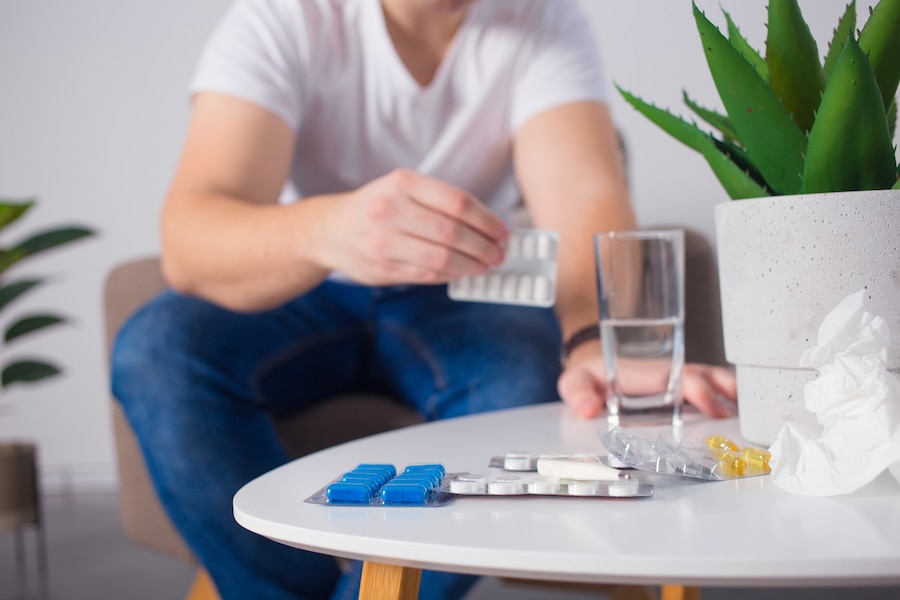
Understanding Dual Diagnosis and Integrated Treatment
Addressing Co-Occurring Disorders
Dual diagnosis involves the presence of both an addiction and a co-occurring mental health disorder, such as depression or anxiety. Top-rated centers offer integrated treatment for dual diagnosis, addressing both conditions simultaneously. This approach is especially important for couples, as co-occurring disorders can impact both partners’ recovery and relationship dynamics.
Holistic and Integrated Approaches
Integrated treatment for dual diagnosis includes holistic approaches that address physical, mental, and emotional health. These approaches may involve therapy, medication management, and support for both addiction and mental health issues. For couples, integrated treatment helps manage the complexities of dual diagnosis, promoting overall well-being and supporting a shared recovery journey.
The Importance of Aftercare and Long-Term Support
Ongoing Support After Treatment
Aftercare and long-term support are vital components of addiction recovery. These services provide continued support as individuals transition back into daily life, helping them maintain sobriety and prevent relapse. For couples, aftercare may include joint counseling, support groups, and community resources to ensure that both partners continue to receive support and guidance.
Building a Support Network
Top-rated centers emphasize the importance of building a strong support network during and after treatment. For couples, this network may include family, friends, and support groups that provide encouragement and accountability. By fostering a supportive environment, couples are better equipped to navigate the challenges of recovery and sustain long-term sobriety together.
Holistic and Complementary Therapies in Top-Rated Centers
Enhancing Recovery with Holistic Therapies
Holistic and complementary therapies, such as yoga, meditation, and art therapy, are often integrated into treatment plans at top-rated centers. These therapies complement traditional approaches by addressing physical, mental, and emotional health. For couples, holistic therapies can enhance the recovery process, promote relaxation, and strengthen the relationship.
Personalizing Holistic Interventions
Holistic therapies are tailored to each individual’s needs and preferences. Top-rated centers work with clients to integrate these therapies into their treatment plans, ensuring that they support overall recovery goals. For couples, personalized holistic interventions help address unique challenges and promote a balanced and fulfilling recovery experience.
How to Choose the Right Treatment Center for Your Needs
Evaluating Facility Features and Services
When selecting a detox and recovery center, consider the facility’s features and services. Look for centers that offer a range of treatment options, including evidence-based therapies, medical detox, and aftercare support. For couples, ensure that the center provides specialized programs that address both partners’ needs and relationship dynamics.
Assessing the Center’s Approach and Philosophy
It’s important to evaluate the center’s approach and philosophy towards addiction treatment. Consider whether the center’s approach aligns with your values and recovery goals. For couples, choose a center that offers comprehensive care, including joint therapy and relationship counseling, to support both partners’ recovery journeys effectively.
Key Features of Top-Rated Addiction Treatment Centers
Quality of Care and Professional Expertise
Top-rated detox and recovery centers are known for their high quality of care and professional expertise. Key features include experienced staff, evidence-based therapies, and personalized treatment plans. For couples, these centers offer specialized programs that address both individual and relational aspects of addiction, ensuring a supportive and effective treatment experience.
Accreditation and Success Rates
Accreditation and success rates are important indicators of a top-rated treatment center. Accredited centers have met rigorous standards for quality and care, while high success rates demonstrate the effectiveness of their programs. These features reflect the center’s commitment to providing exceptional treatment and achieving positive outcomes for clients, including couples seeking recovery.
Achieving Recovery through Top-Rated Centers
Selecting the right detox and recovery center is a crucial step in achieving lasting recovery, especially for couples navigating addiction together. By considering key criteria, understanding the types of programs available, and evaluating the features of top-rated centers, you can make an informed decision that supports your journey to sobriety.
At Couples Rehabs, we are dedicated to helping couples find the best treatment options tailored to their needs. Reach out to us today to explore your options and take the first step towards a healthier, more fulfilling life for both you and your partner.
-
What is the difference between detox and recovery centers? Detox centers focus on medically managing withdrawal symptoms, while recovery centers provide comprehensive treatment for addiction, including therapy and support.
-
Why is it important to choose a reputable detox and recovery center? A reputable center offers experienced staff, evidence-based treatment, and a supportive environment, crucial for successful recovery.
-
What factors should I consider when choosing a detox and recovery center? Consider location, cost, insurance coverage, treatment modalities, and the center’s reputation. Research programs and seek recommendations.
-
What can I expect from a detox and recovery center? Expect a combination of medical supervision, therapy, support groups, and potentially medication-assisted treatment.
-
How long does a typical detox and recovery program last? The duration varies depending on individual needs and the severity of addiction. It can range from a few weeks to several months.
-
What are the costs associated with detox and recovery centers? Costs can vary based on the type of program, location, and insurance coverage. Many centers offer financial assistance or payment plans.
-
Can I continue working or attending school while in a detox and recovery center? Some programs allow for limited work or school commitments, while others require full focus on recovery.
-
What is the role of family involvement in detox and recovery centers? Family therapy and support groups can be beneficial for both the individual and their loved ones. They offer understanding, encouragement, and practical guidance.
-
Are there detox and recovery centers that specialize in specific substances or demographics? Yes, there are centers tailored to specific needs, such as substance-specific programs or those for young adults, women, or veterans.
-
How can I get started with a detox and recovery center? Reach out to treatment centers, discuss your needs, and explore available options. Many centers offer free consultations.




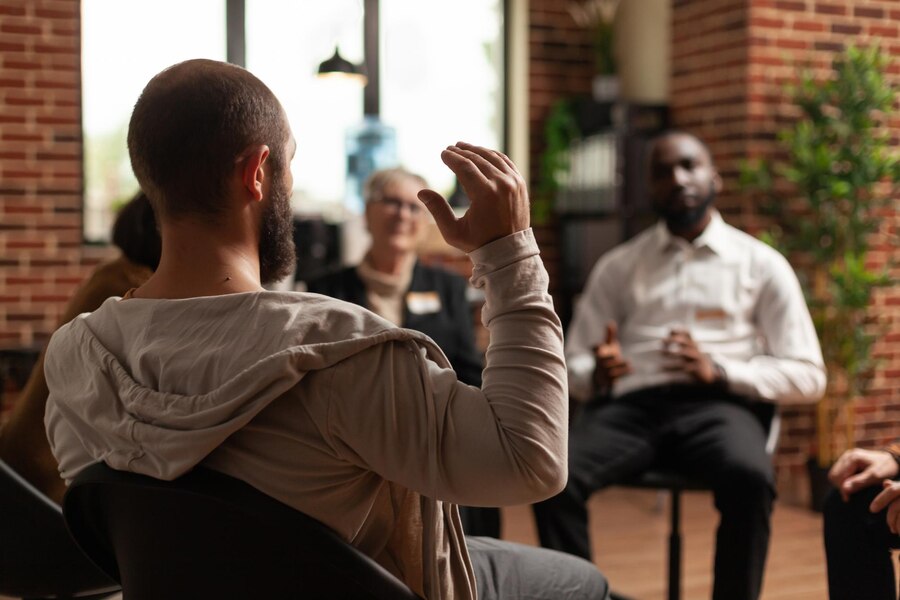

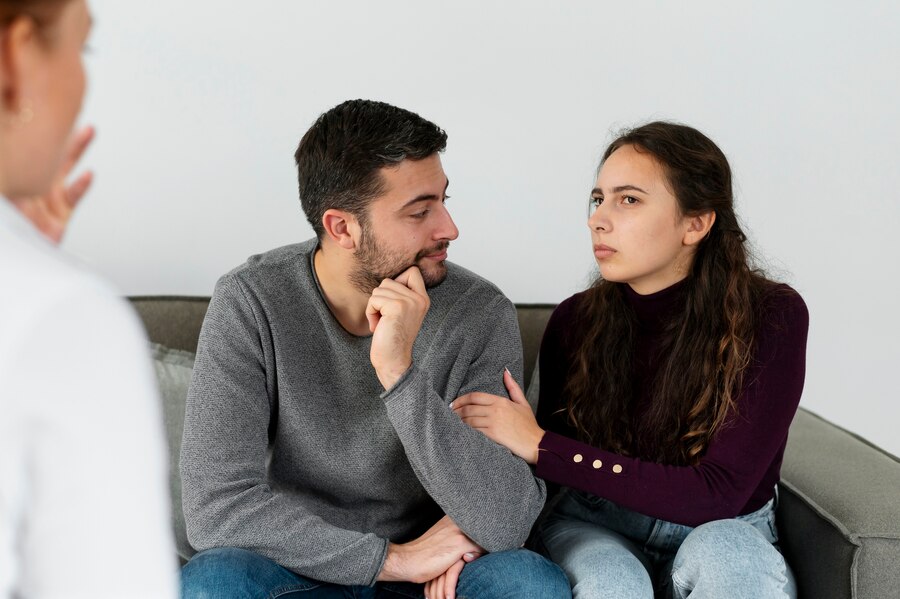


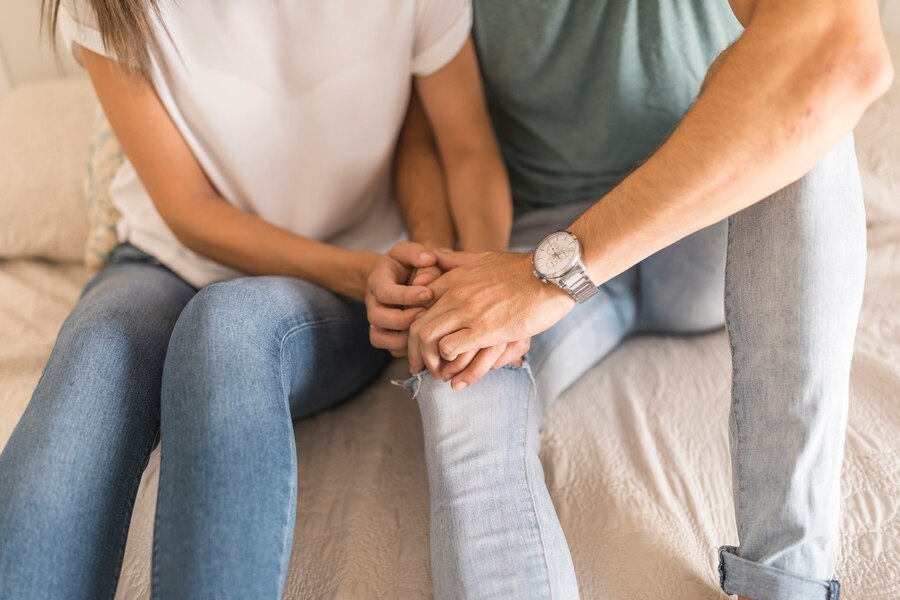




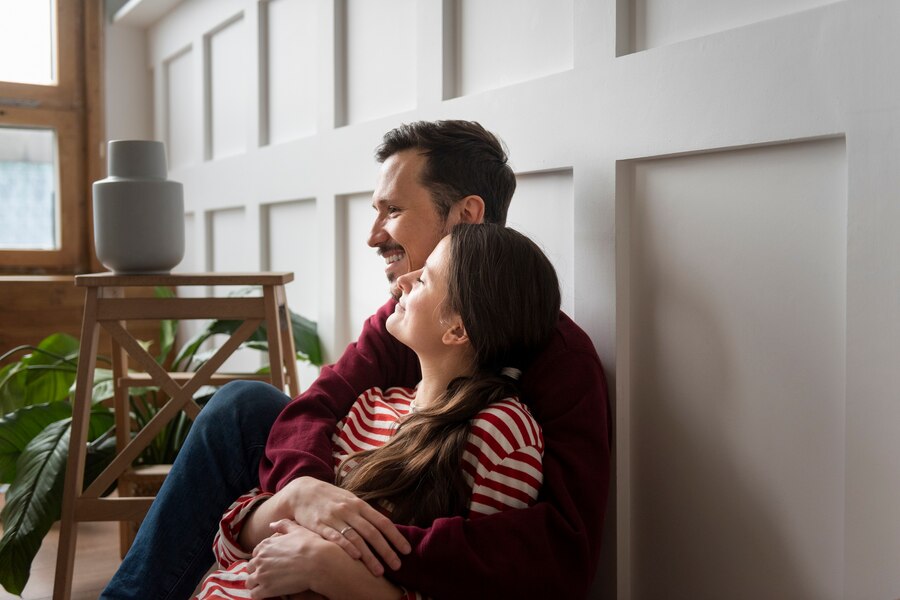


Recent Comments